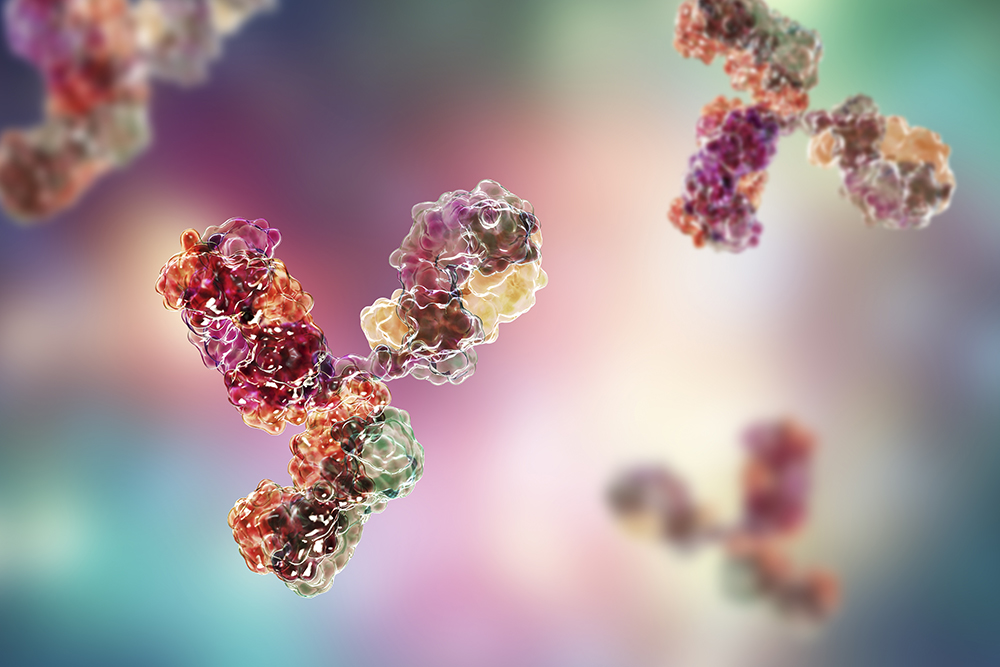 Successfully scaling up monoclonal antibody (mAb) production can be a significant challenge. As workflows scale toward clinical and commercial production volumes, developers need to be confident that a process that works at small scales can be scaled up seamlessly. Maintaining product quality and maximizing productivity while staying economically feasible for long-term production is essential as failures or unexpected outcomes can result in costly delays for biologic developers and patient delays in receiving treatment.
Successfully scaling up monoclonal antibody (mAb) production can be a significant challenge. As workflows scale toward clinical and commercial production volumes, developers need to be confident that a process that works at small scales can be scaled up seamlessly. Maintaining product quality and maximizing productivity while staying economically feasible for long-term production is essential as failures or unexpected outcomes can result in costly delays for biologic developers and patient delays in receiving treatment.
However, identifying an optimal medium and feed system that does all of this can be a time consuming process. With speed-to-market a crucial factor for success, the potential productivity and scalability of a process needs to be considered from the start.
To support developers along this complex journey, innovative medium and feed systems designed specifically to support mAb production processes can offer a streamlined solution.
The first two white papers in this eBook present a collaboration between Thermo Fisher Scientific and the Zurich University of Applied Sciences (ZHAW), a leading Swiss research institution with longstanding life science and pharmaceutical innovation expertise. ZHAW’s Centre for Biochemical Engineering and Cell Cultivation Techniques has a strong reputation for research excellence in cell culture process development, with more than 20 years of bioprocessing experience.
In this collaboration, ZHAW evaluated the performance of two specialized mAb production solutions, the Gibco Efficient-Pro Medium and Feed System and the Gibco High-Intensity Perfusion (HIP) CHO Medium, two products developed to enhance the efficiency and scalability of mAb production processes in fed-batch and perfusion processes respectively.
This eBook explores how innovative medium and feed systems can support the successful scale-up of mAb processes, while maintaining productivity and cost-efficiency, supporting faster speed-to-market.


